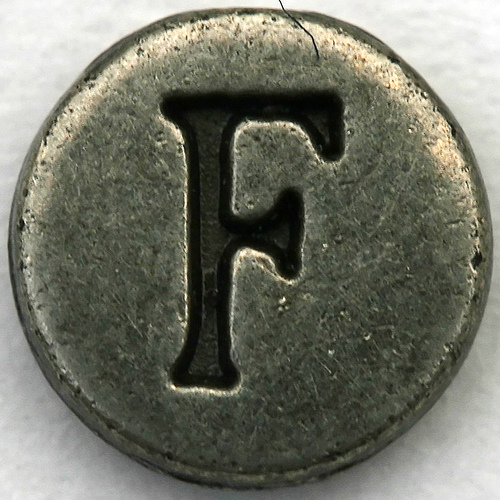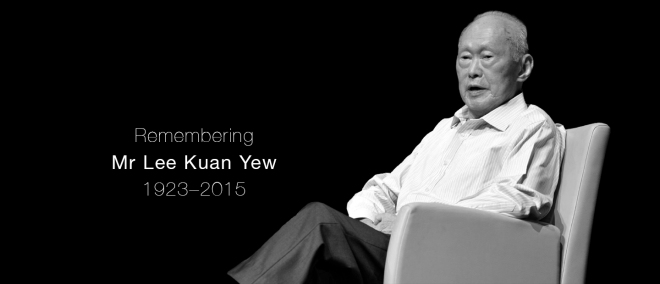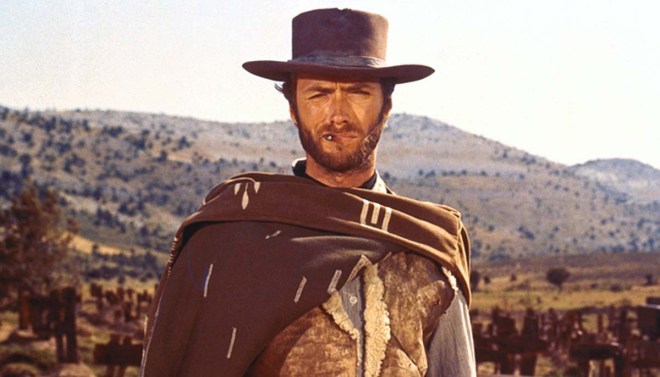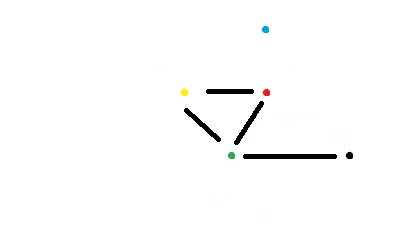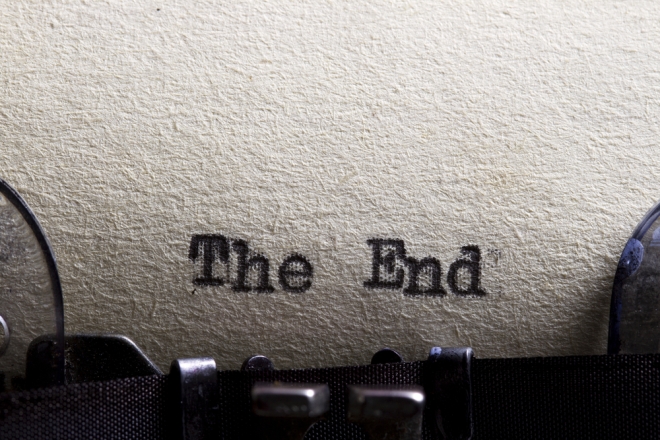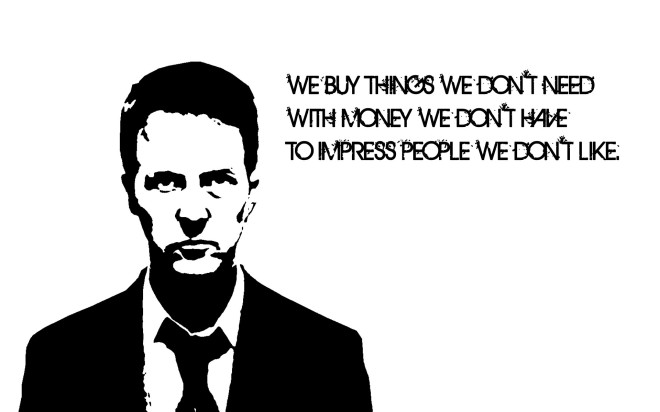
Opportunities are like sunrises. If you wait too long, you miss them.
William Arthur Ward
What makes a good man a good day? What’s the difference between a kick-ass, productive 10 hours of sunshine and boring, mundane and inefficient wasted time?
1. Read it up – think it up!
Reading is a great habit to have by itself. Reading in the morning is an even greater habit to have. Keeping the scientific evidence aside (yes, there’s lots of it) and focusing purely on personal gain, your brain calculating power spikes up in the early morning and in the evening, right before you go to bed. When you wake up, you are deprived of all the external stimuli that usually occupies a significant part of your processing power. So put this time to good use, open up your book and start reading those pages! You’ll be surprised how focused you will be, and how easy it is to soak up the new information.
2. Gas up – sweet is good!
Carbohydrates=energy. And you need energy in the morning. So for all those sweet tooth around there, here’s a perfect fuel for your body in the morning: pour yourself a cup of warm (WARM!) water, add a generous spoon of honey and a lemon wedge, mix it up and bottoms up! Nothing sends your body a good wake-up call than this simple concoction.
3. Make it loud!
Well, not in the windows-shaking way. But please do add some music to your morning routine! Apart from tuning up your mood, it will also allow you to transition throughout the day in a smooth criminal way.
4. Spice it up!
Indulge your sense of smell with some spices. Fruity, nutty, chocolate – there’s plenty of choice. You can add some cinnamon to your coffee, you can add nuts and fruits to your cereal, you can take that sexy round orange, gently press it and put it to your nose, whatever makes you happy!
5. There’s more to tea than you think.
Tea is good. Good tea is great. I highly recommend you to embark on a journey to the wonderful world of pu-erhs and oolongs – satisfaction guaranteed! Depending on your needs, the plethora of tea varieties can either energize, calm or sharpen your mind and body. There’s so much more to that simple paper pocker with weird black powder than you know – just look around for a good tea-shop.
I personally believe that the first hour of the day will determine how the rest of it goes. So just try this, and I can guarantee that your life won’t be the same again. In the best way possible.

